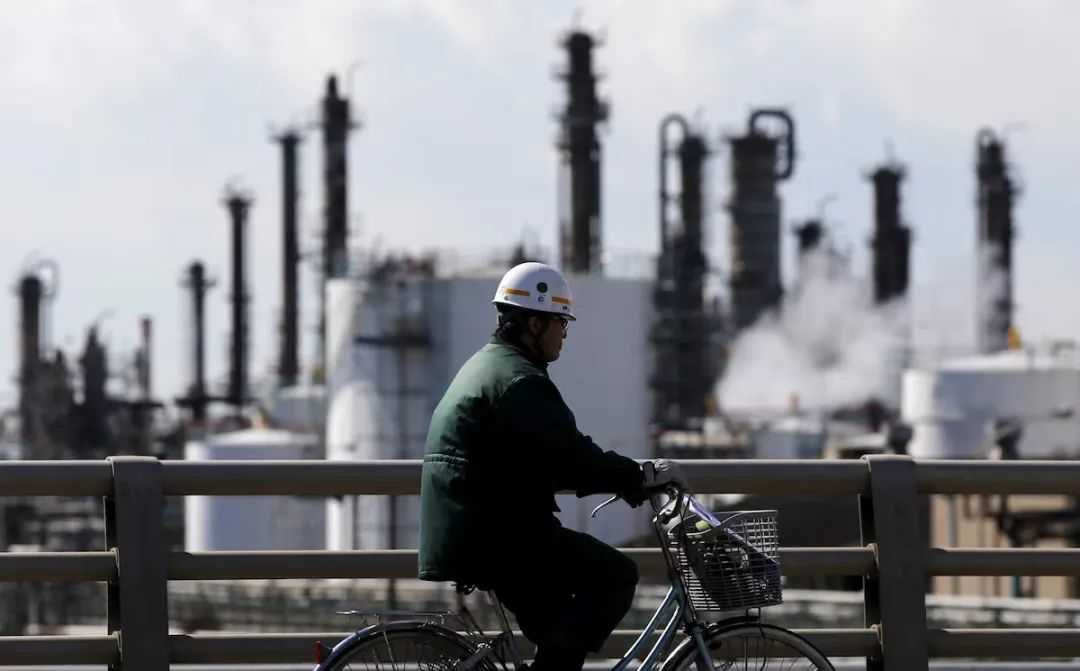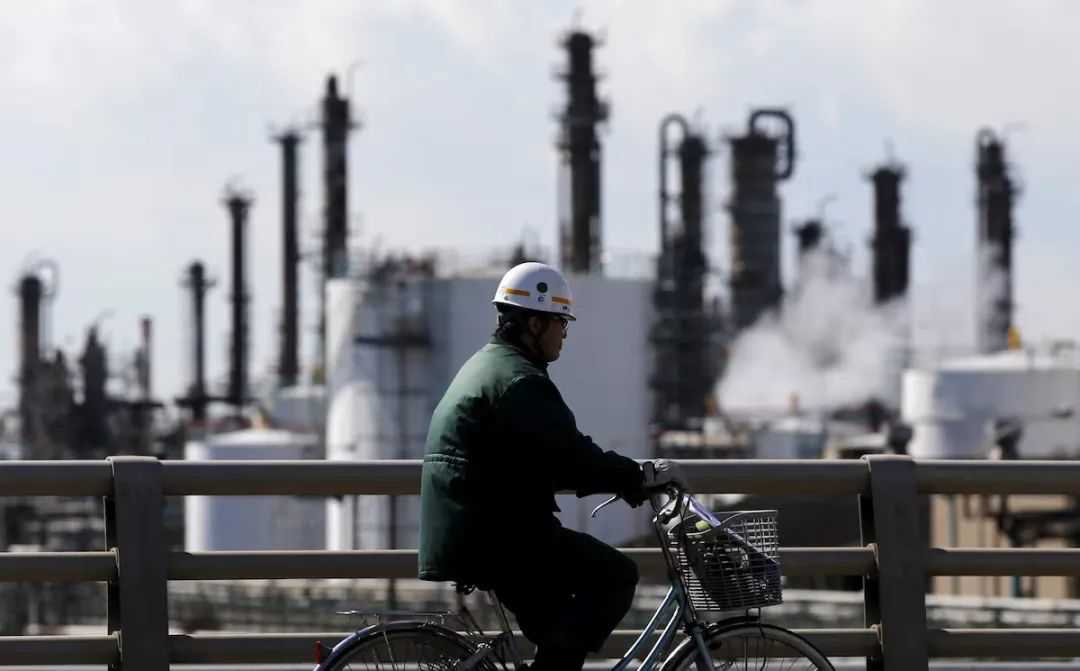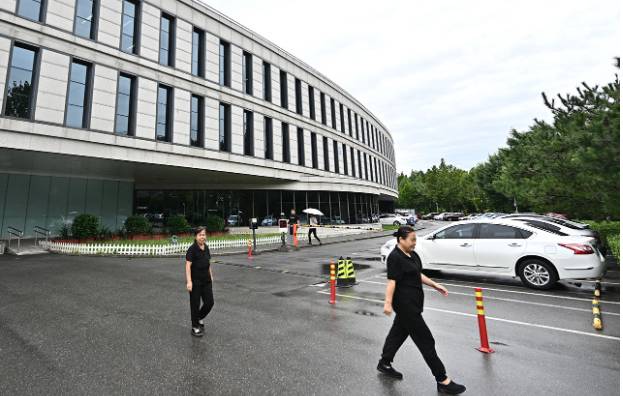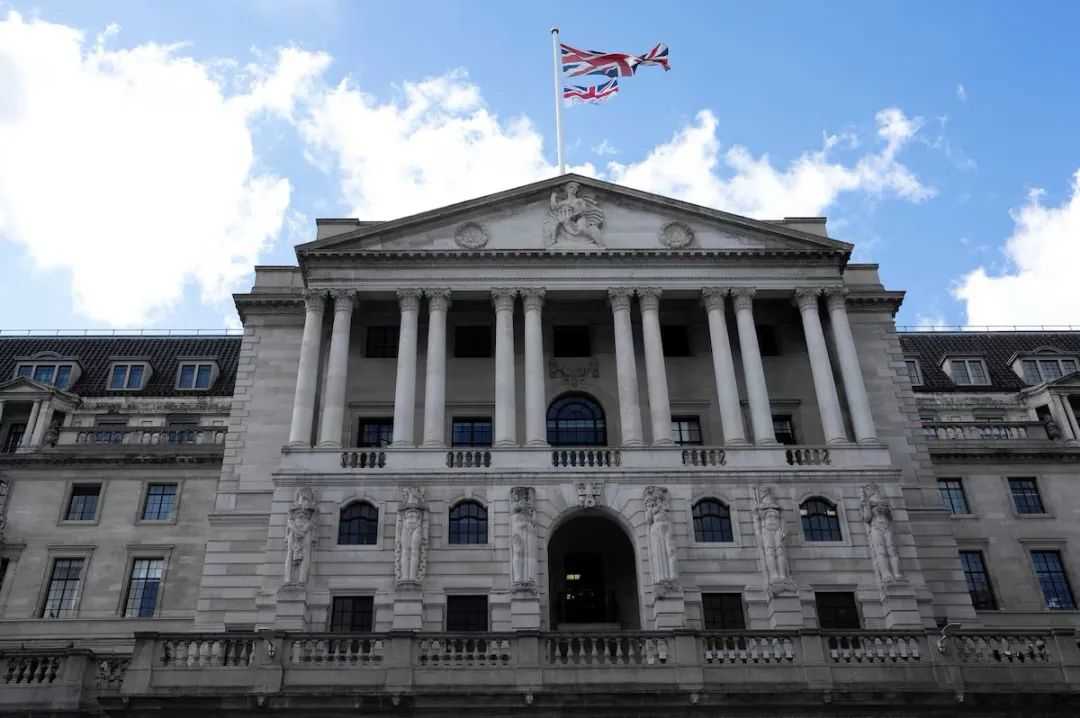Japan's Real Wages See Steepest Drop in 20 Months, Straining Consumption Recovery
A core contradiction has emerged in Japan’s economy: inflation-adjusted real wages plummeted 2.9% year-on-year in May (following a -2.0% decline in April), marking the sharpest drop in 20 months and extending a five-month streak of contraction. This was driven by persistent inflation—running at 4% when excluding fresh food but including rent costs—outpacing nominal wage growth, which slowed drastically to 1.0% (to ¥300,000) from 2.0% in April, hitting a 14-month low.
Source: Images from the Internet, if there is any infringement, please contact the removal of
Structural challenges are evident:
- Bonus drag: Special payments, including volatile bonuses, collapsed by 18.7%, a major contributor to weak nominal wage growth.
- Small business lag: Gains from this year’s spring wage negotiations (shunto) have not trickled down to non-unionized small and medium enterprises (SMEs), with growth in both base salaries and overtime pay slowing.
- Delayed policy transmission: Wage statistics cover a large number of small enterprises, where pay increases trail those at larger firms by 2–3 months.
A faint positive: Household spending in May rebounded at its fastest pace in nearly three years, though its sustainability is questionable. Persistent real wage erosion threatens to dampen consumption momentum, hindering the economy’s shift from export dependence to domestic demand-driven growth.
Policy implications: The widening gap between wages and inflation has become a critical barrier to the Bank of Japan’s (BOJ) potential rate hikes. If U.S. tariffs on Japanese goods squeeze corporate profits, it could further limit room for wage increases, disrupting the BOJ’s efforts to normalize monetary policy.









